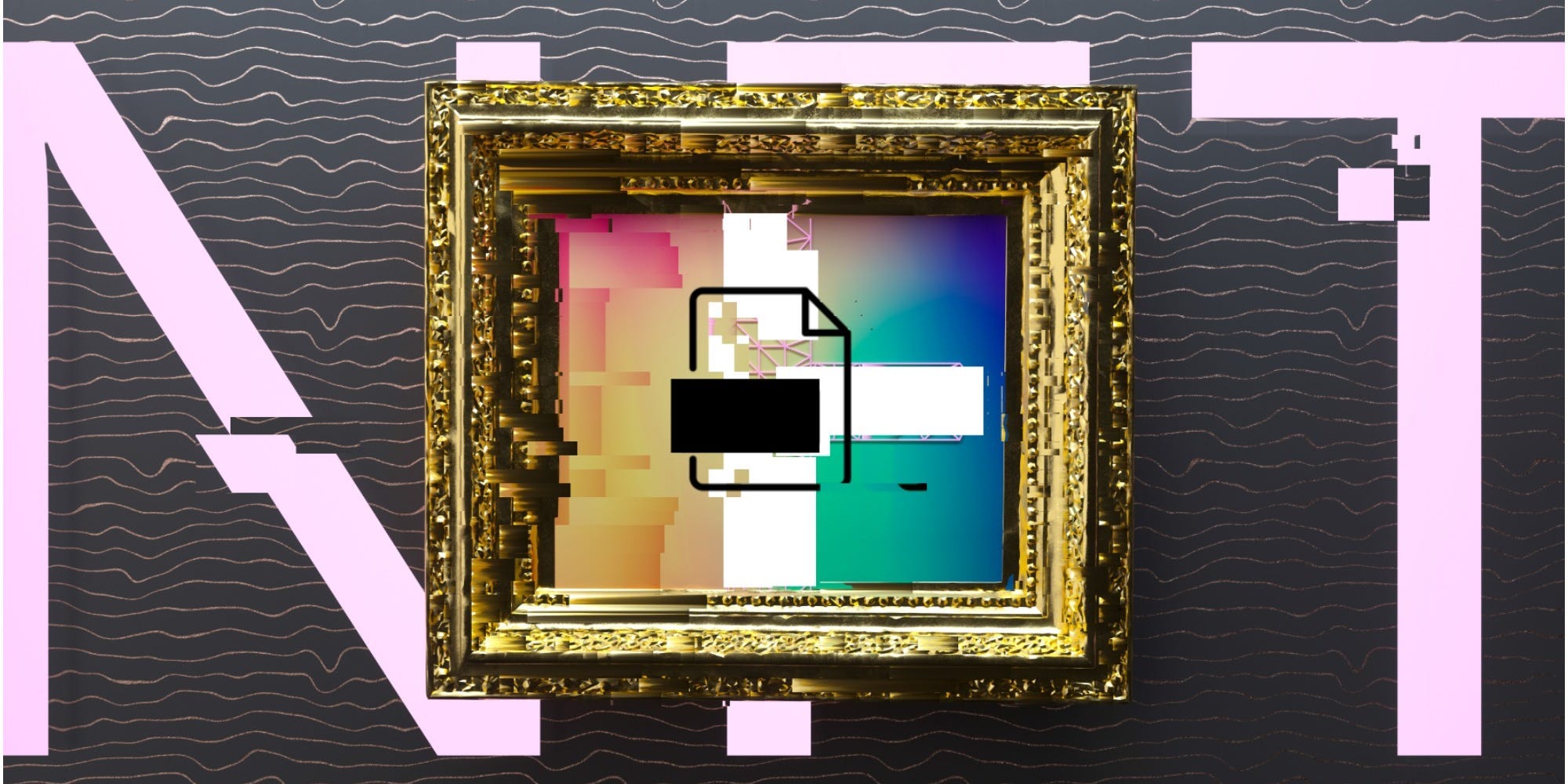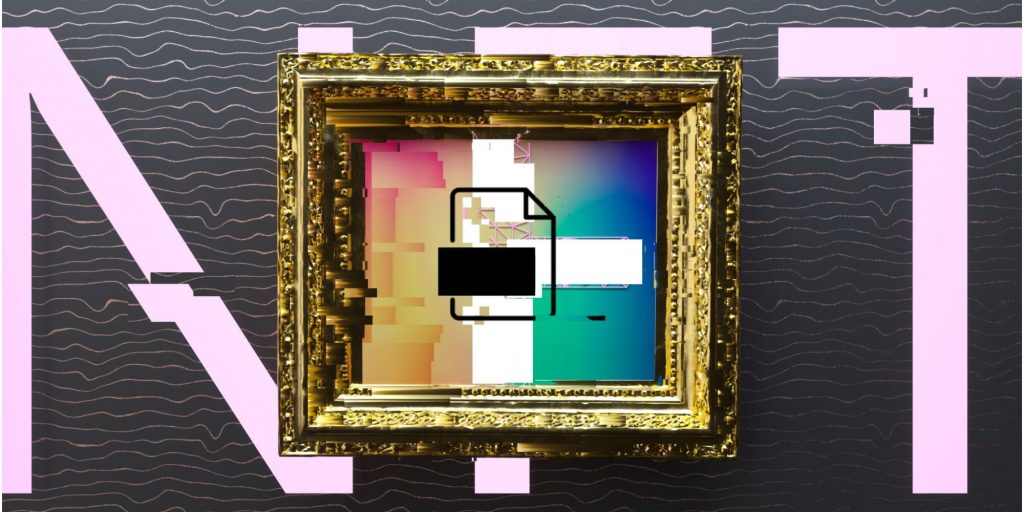
- Retail buyers have accounted for 80% of all NFT transactions, according to a report by Chainalysis.
- 19% of NFT transactions were between $10,000-100,000, while 1% were institutional transfers, the report said.
- NFTs have boomed, as celebrities, big fashion houses, athletes and creators have launched their own.
- Sign up here for our daily newsletter, 10 Things Before the Opening Bell.
The market for non-fungible tokens has exploded this year. These unique digital collectors' items live on the blockchain and have gone from being a little-known sector of the crypto world to a mainstream must-have for artists, content creators and even athletes and music stars.
But it's been the involvement of small-time retail investors that has really fueled the boom, according to a report this week from blockchain analytics group Chainalysis.
Retail buyers that spent less than $10,000 on NFTs accounted for 80% of all NFT transfers between January and October this year, according to the report.
19% of NFT transactions were by larger investors that spent between $10,000 and $100,000 on the digital tokens. Less than 1% of NFT purchases were by institutional investors that spent more than $100,000.
People all over the world are buying NFTs, with no one region making up more than 40% of monthly web visits since March this year, the report said. Celebrities like singer Katy Perry, the popular Korean boy band BTS, along with fashion houses like Burberry and Louis Vuitton have dived into the NFT space. TikTok even launched its own NFT in October.
Digital art NFTs Bored Ape Yacht Club, Crypto Punks, and Cryp Toadz among 13 others NFT collections have attracted hundreds of millions of dollars worth of transaction volumes, the report showed.
"Anyone paying attention to the NFT market knows that investors have flocked in part because they believe they can achieve a high return on investment by purchasing NFTs," the report said.
Investors can profit by purchasing NFTs when they are being minted and transformed from a digital file into a digital asset that cannot be edited in any way and then selling these on as they increase in value. NFTs also trade freely and anyone can buy or sell them.
Data from the OpenSea marketplace showed that only 28.5% of NFTs that are purchased during minting and are sold on that platform make a profit. Those who buy from secondary markets make a profit 65% of the time, the data showed.
"More than anything else, NFTs run on community and word of mouth growth. Look at virtually any successful NFT project, and you'll likely find Discord servers and Twitter threads full of enthusiasts promoting the project," Chainalysis said in its report.
The NFT market was the best performing group of digital assets in November, thanks to the evolution of the metaverse, a virtual reality world where people can purchase anything from digital property to digital designer dresses - often in the form of NFTs - as well as playing games to earn crypto tokens.

